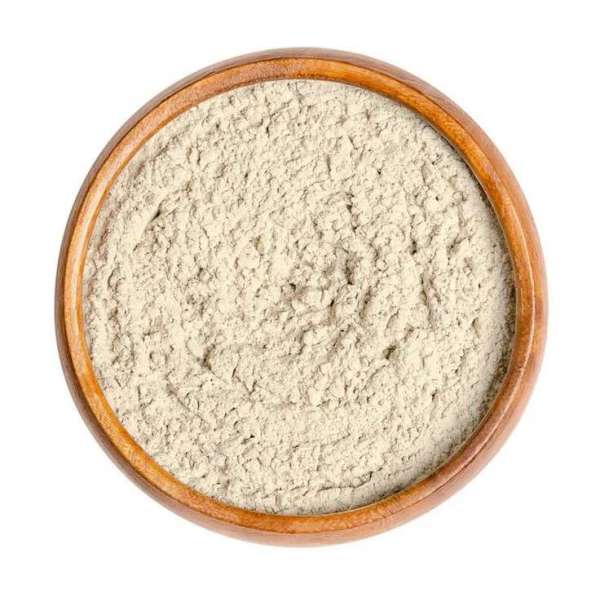Vital Herbs Bentonite clay
- Free exchange for 10 days
- Secure payment
- Free delivery from 40€ in Belgium and 100€ in France
- Free in-store pickup
- Help and advice for your purchases
Bentonite clay helps regulate digestion by reducing gastric acidity and protecting the intestinal mucosa. It is effective for horses suffering from digestive disorders such as ulcers, bloating, soft stools, or liquid manure. Thanks to its absorbent properties, bentonite clay captures toxins, heavy metals, and mycotoxins present in the intestine, facilitating their elimination and contributing to a stronger immune system. Rich in essential minerals such as silica, calcium, potassium, and magnesium, it helps compensate for deficiencies and supports your horse’s overall health.
Use of White Bentonite Clay
White bentonite clay can be used in different ways to meet your horse’s specific needs. It is essential to avoid contact with metal objects to preserve its properties.
- Horse, large pony: Mix 30 g per liter of water and provide this solution in a separate bucket.
In feed: Add 30 g (2 level scoops) directly to the feed or mix with a little water (50 ml) and administer orally using a dosing syringe. - Pony: Mix 15 g per liter of water and provide this solution in a separate bucket.
In feed: Add 15 g (2 level scoops) directly to the feed or mix with a little water (50 ml) and administer orally using a dosing syringe.
Introduce gradually to ensure your horse accepts its ration well.
Avoid excessively high doses and long-term use to prevent constipation.
15 grams = 1 level scoop
Precautions for Use:
- Do not mix with oil: The combination of clay and oil can form compact clumps, increasing the risk of obstruction.
- Medication: Do not administer clay at the same time as medication or other supplements; wait at least 2 hours, as it may reduce their effectiveness.
- Not for continuous use: Prolonged use may limit the absorption of certain nutrients, potentially leading to deficiencies.
- Pregnant mares: Internal use of white clay is possible under veterinary supervision.




